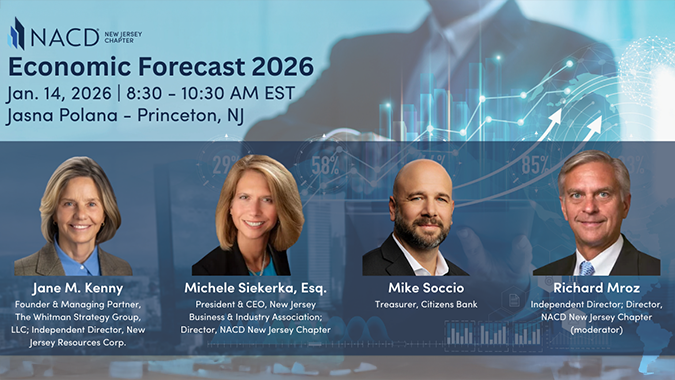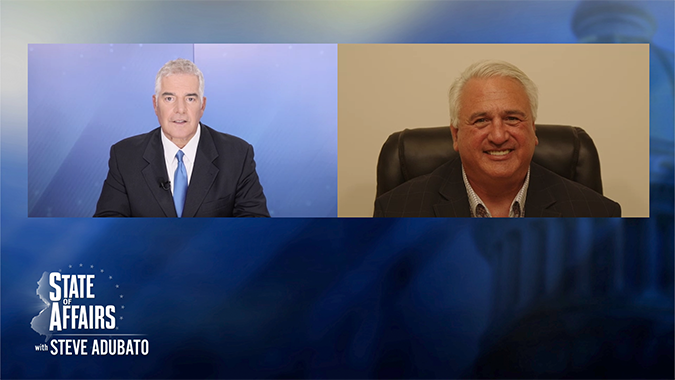Consumer confidence during November increased for the first time in three months, nevertheless, two-thirds of consumers surveyed still expect a recession within the next 12 months, according to the latest monthly data from the Conference Board.
The survey measuring U.S. consumer attitudes, spending plans, and expectations for inflation, stock prices and interest rates found the Confidence Index increased to 102.0 in November, up from a downwardly revised 99.1 in October.
November’s confidence increase was concentrated primarily among householders aged 55 and up, said Dana Peterson, Chief Economist at The Conference Board, a nonpartisan think tank. Consumers remain most preoccupied with rising prices in general, followed by military conflicts around the world and higher interest rates, she said.
"Consumer expectations for the next six months recovered in November, reflecting improved confidence about future business conditions, job availability, and incomes,” Peterson said. “Compared to last month, expectations that interest rates will rise in the year ahead ticked down, but consumers' outlook for stock prices continued to weaken in November.”
When asked to assess their current family financial condition, the share of respondents reporting “good” rose and the share of those saying “bad” fell, suggesting consumer finances remain healthy heading into the holiday season, Peterson said.
The Present Situation Index — based on consumers' assessment of current business and labor market conditions — ticked down slightly to 138.2 in November from 138.6 the month prior. The Expectations Index—based on consumers' short-term outlook for income, business, and labor market conditions—rose to 77.8 in November, up from its downwardly revised 72.7 in October.
Key findings include:
- 17.3% of consumers expect business conditions to improve in the next six months (up from 15.5% in October). Meanwhile, 19.5% expect conditions to worsen (down from 20.9% in October).
- Expectations about future inflation remained high (5.7%) in November but were still lower than the month prior (5.9%). Buying plans for autos, homes, and big-ticket appliances trended downward on a six-month basis — reflecting the impact of elevated interest rates, Peterson said.
- Consumers’ appraisal of the labor market was mixed in November, with 39.3% saying jobs were plentiful (up from 37.9% in October) and 15.4% saying jobs were difficult to get (up from 14.1% in October).
- Consumers' assessment of their short-term income prospects improved in November, with 17.2% expecting their income to increase (up from 15.6% in October) and 12.1% expecting their incomes to decrease, down from 13.4% in October.




